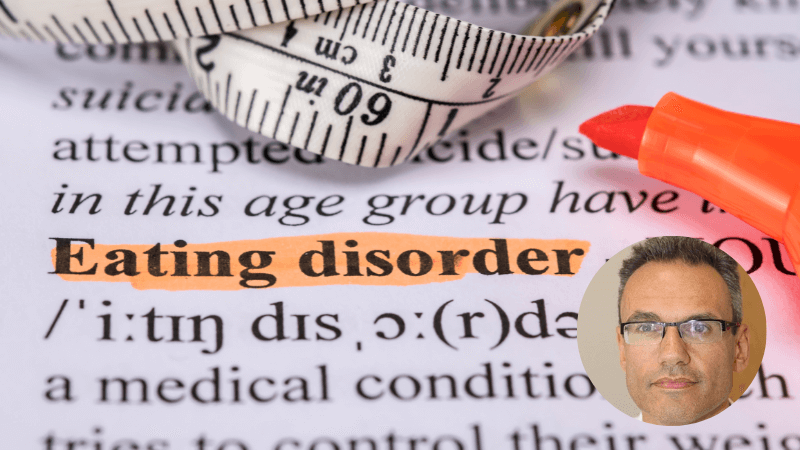Is food your friend or foe?
By Andy Spencer, Counsellor at The Eaves
Our relationship with food
Food can be one of life’s pleasures with most of us having a favourite food. For centuries, it has also been part of our culture. We share food with others, we gift our loved ones by preparing food for them. Food has been there during some of our happiest memories. It can be a true friend keeping us company all our life.
For some, though, it is a source of emotional pain that is hidden from others due to shame. It is as though food rules them and their lives, and they are not strong enough to resist its lure and promises. It can be the thief of their dreams. It then becomes an enemy that harms and can be one of their worst memories. They become ill, hate themselves for it, and self-esteem and confidence, already hanging by a thread, are shattered.
So where does all this come from?
Even in the most loving and supportive families, children can grow up with some of their needs unmet. For a number of reasons, the pain and neglect that some children experience can result in them having to carry emotions that can feel unbearable and overwhelming. These children feel very alone. They hate and blame themselves and feel there is no-one to turn to, even when there may be the support. Children HAVE to find a way to manage these feelings to survive and they can be very creative in finding ways to do it.
One way is to use food. Food can make someone feel good and help numb those difficult and unbearable feelings. They can eat lots of food to fill up with something that feels nice, or stop eating food to test their resolve. Behaving in this way can sometimes allow attention from others, or offer some sense of self-esteem. Some children also do both and, by doing so, can more easily manage those difficult feelings. This usually starts at a young age and is set in pre-adolescence.
…..and when a child grows up….
Old habits die hard, especially ones developed in childhood. Unhelpful food habits established during this time can remain with someone into adulthood, the result of which can lead to unhappy and unfulfilled lives.
While someone is using food to make them feel better, they don’t realise they have lost sight of what food is really meant to do. A person needs a nutritious diet comprising of the right components to be both physically and mentally healthy. Someone can become seriously malnourished or have to process and digest far more food than they need, which in turn adversely effects the metabolism, ability to absorb food, and ability to function normally in the world. It can also affect the size and shape of someone’s body, which can lead to disgust and shame.
Who can help?
The good news is that there is a way out. There are trained therapists who are experts in helping you find other ways (other than food) to support you emotionally during difficult times. These alternative ways won’t make you ill, feel ashamed or stop you from being happy. These therapists are there to teach you about eating healthily. They will be there supporting you to sweep away the old ways and bring in the new. You will not be alone.
So please be reassured – if food is your enemy right now and it is controlling your life and making you miserable, YOU DON’T have to live this way. There are people who will understand and help. It takes courage but, if you reach out, they will take your hand and show you how things really can get better. They will help you find your own way through it.
At The Eaves, we have trained professionals with immediate availability to help with a wide range of eating disorders, please call on 01483 917000 for more advice.

